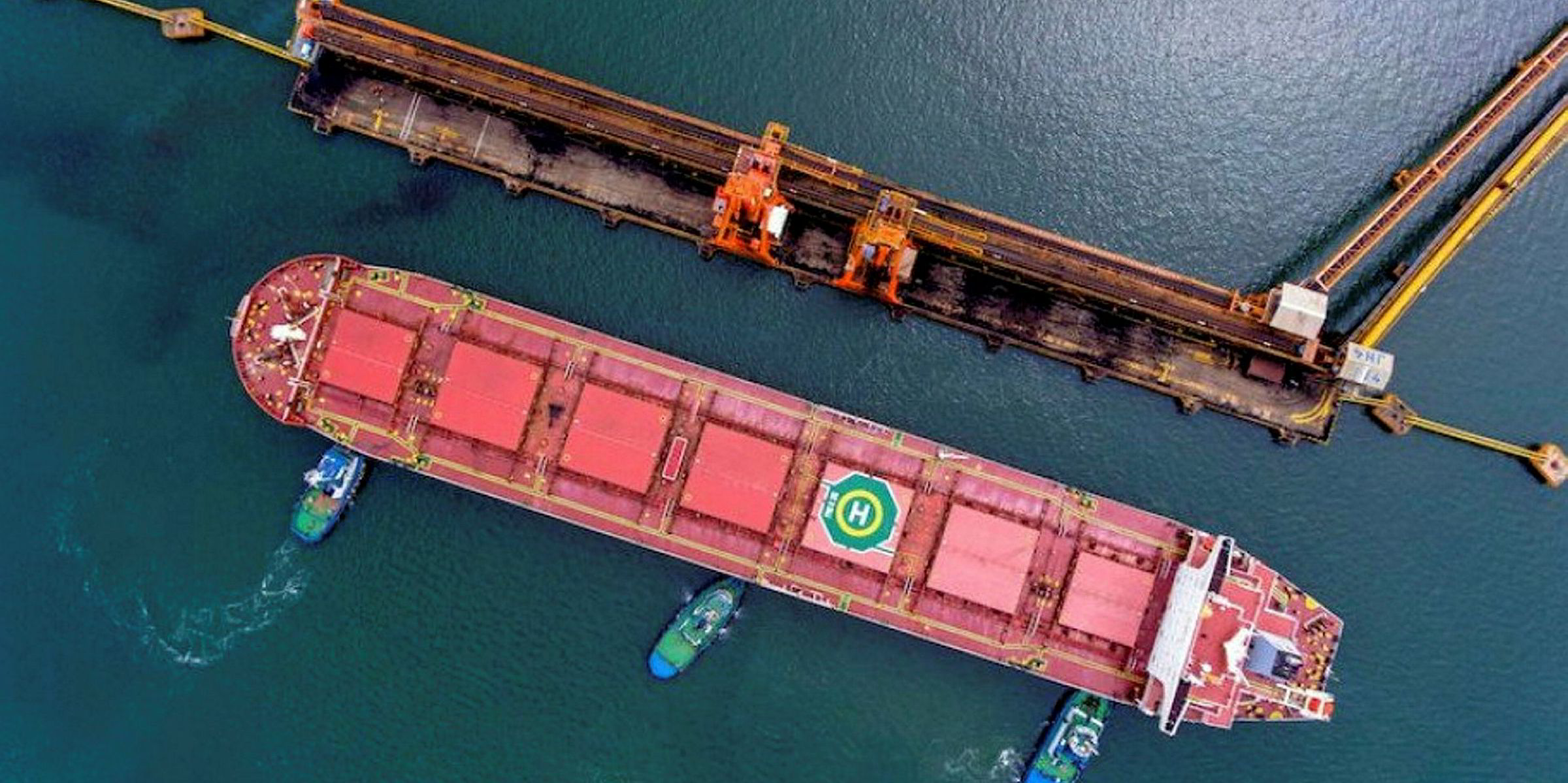Pacific Basin Shipping expects to book a $198m impairment charge in its results for the first six months of 2020.
The Hong Kong-based shipowner said on Friday that the one-off charge relates to its core fleet of handysize bulkers, primarily its smaller and older vessels.
Pacific Basin owns 81 handysize bulkers, of which 30 are 15 years old or older.
The firm expects the non-cash impairment to lead to a net loss of between $212m and $227m for the first half of 2020, according to statement.
Pacific Basin recorded net profit of $8m for the six months of 2019.
The company blamed the dramatic impairment on the low demand for shipping and significant downturn in freight rates seen during the period.
"The Covid-19 lockdown has added to demand challenges that have undermined the dry bulk market since early 2019, including major infrastructure and logistical disruptions in Australia, Brazil and the Mississippi River, and continuing trade tensions between the United States and China," the firm explaned to investors in its statement.
The bulker owner added that the low-demand environment had been compounded by continued fleet growth and limited vessel scrapping.
"The expected impairment will not impact the operations or operating cashflows of the group, which will continue to benefit from a robust balance sheet," Pacific Basin said in its statement on Friday.
New financing, 'robust' balance sheet
The shipowner revealed that it "recently" secured $63.6m in new long-term credit facilities secured against five of its previously unmortgaged vessels, of which $33.5m was undrawn as of 30 June.
"These new facilities provide fresh capital at very competitive interest costs, and further enhance the group’s liquidity and funding flexibility," Pacific Basin said, but did not give any further details about the financing.
The group's estimated cash balances stood at around $316m as of 30 June, compared to $1.02m in borrowings.
Pacific Basin expects to book positive operating profit before capital investments (Ebitda) of between $75m to $90m for the first half of this year, down from $101m at the same point in 2019.
Last year saw the company strengthen its balance sheet and liquidity by securing two revolving credit facilities, issuing new convertible bonds and completing ships-for-shares deals.
As well as its handysize fleet, Pacific Basin owns 35 supramax bulkers and operates a fleet of 138 vessels across the two segments.
Pacific Basin's unaudited consolidated results for the first six months of 2020 are scheduled to be released on or around 30 July.







